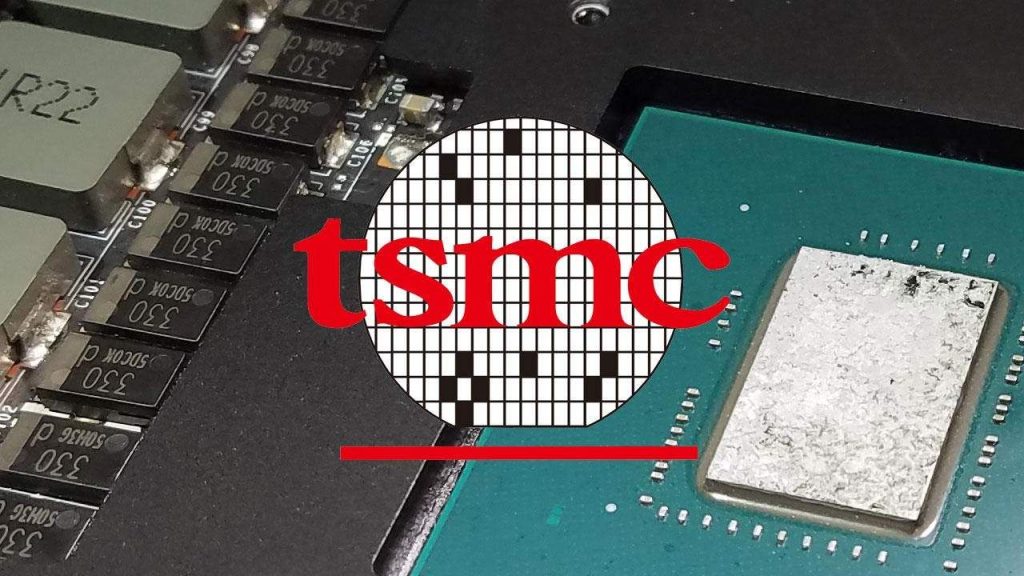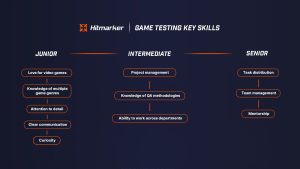
Apple and Intel reportedly tap 3nm chip tech for 2022 iPad and notebooks
Apple and Intel could start chips predicated on cutting-advantage 3-nanometer production the moment 2022, industry sources state, with both companies thought to possess jumped on TSMC’s next-gen procedures. Though it’ll be time before 3nm may be the regular for processors, the guarantee is really a cut in strength consumption while at exactly the same time improving performance.
Presently, Apple uses 5nm technologies for both SoCs in the iPhone 12 loved ones and the Apple M1 chip found in the latest Apple company Silicon Macs and the most recent iPad Pro. Intel, in the meantime, has its processor manufacturing underway, but provides delayed rolling out smaller procedures due to specialized hurdles.
That delay, and the urge for food for Apple items, is Taiwan Semiconductor Production Co.’s get. The business has scored agreements with both Apple company and Intel for 3nm production, in accordance with Nikkei Asia, with industrial production of chips predicated on that technology likely to begin sometime in the next 1 / 2 of 2022. Insiders also have given a concept of where, at the very least at first, those chips may be utilized.
For Apple company, it’s suggested, it’ll function as iPad that tap 3nm chips in the first place. Based on the leaks, though, the 2022 iPhone – unofficially known as the iPhone 14, with the iPhone 13 likely to debut around September of the year – won’t get yourself a 3nm upgrade. Rather, it’s believed to make use of 4nm production procedure chips.

Intel will be thought to be diving in actually deeper, meanwhile, with recommendations that it has larger order plans than Apple company does. “The chip quantity planned for Intel will be a lot more than that for Apple’s iPad utilizing the 3-nanometer procedure,” a source states. While Intel is focusing on its own 7nm procedures, that’s now not likely to prepare yourself until 2023; also Intel’s 10nm Xeon plans have already been delayed from past due 2021 to Q2 2022.
Because of this, Intel has formerly confirmed it will use TSMC on some chip tasks, effectively tiding the United states business over until it could martial its manufacturing. That offer is likely to include a 3nm notebook processor and a 3nm data middle server processor, at the very least. Mass creation could start by the finish of 2022.
Though smaller production procedures are undeniably complicated – as Intel has uncovered – their advantages keep clear charm for device-manufacturers. TSMC has earlier said that it might see up to 15-percent performance enhancement for 3nm tech chips, versus 5nm versions. Arguably a lot more important is performance, with 3nm chips potentially trimming power intake by 25- to 30-percent, the maker statements.
That frugality possibly means longer-lasting gadgets without increasing battery dimension, or conversely matching exactly the same runtimes as older-generation capsules and laptops just with smaller sized, lighter, and cheaper batteries. It’s of particular curiosity to notebook producers, which invariably try to keep total electric battery size beneath the 100 Wh restriction in order to not drop foul of flights limits.






